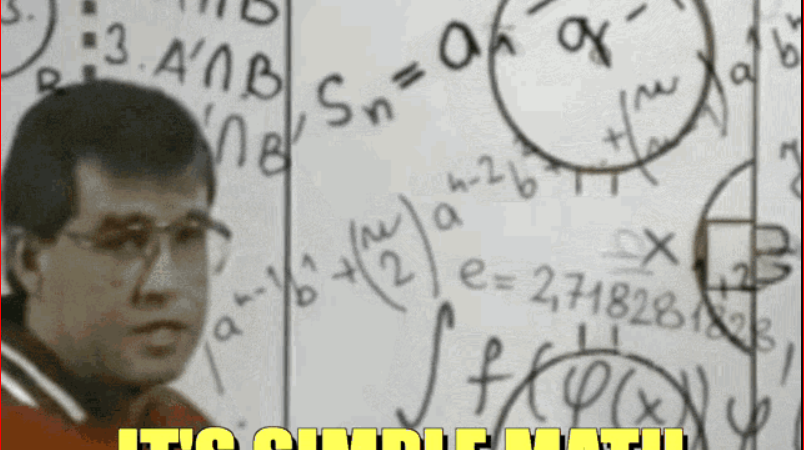AN EXPLANATION OF “2A MINUS B” INTERFERENCE
Paul Blain WB0GXD
Someone recently asked me about an intermodulation problem that had occurred from a local
2-meter net on 147.42 MHz that interfered with the operation of the local 146.82 MHz repeater. The
interference would be present when some but not all operators on the simplex net. This person was
trying to figure out what was causing this problem, and was not having any luck.
In order to help explain this we need to do some math. What appears to have caused this
problem was a situation called “2A-B”, which occurs when the second harmonic from a transmitter
mixes with the fundamental frequency of another transmitter. Let’s look at an example. In this case the
82 repeater output, 146.82, is frequency “A” The simplex operators on 147.42 is frequency “B”:
The formula is –
2A – B = C
A = 146.82; B = 147.42
So –
(146.82 x2) – 147.42 = C
293.64 – 147.42 = 146.22 MHz
And 146.22 is, of course, the input frequency of the 82 repeater.
So, any time that the 82 repeater was transmitting and simultaneously, select transmitters on
the 147.42 simplex frequency would also be transmitting, a signal would land right on the 82 repeater
input frequency. This signal will hold the repeater up until either the simplex frequency ceased or the
repeater would time out.
Let’s look at another example. Again, we’ll use the 82 repeater as one frequency, but the other
frequency will be 146.52 simplex.
The formula is –
2A – B = C
A = 146.52; B = 146.82
So –
(146.52 x 2) – 146.82 = C
293.04 – 146.82 = 146.22 MHz
And again, 146.22 is the input frequency of the 82 repeater.
Again, any time that the 82 repeater was transmitting and simultaneously select transmitters on
146.52 simplex would also be transmitting, a signal would land right on the 82 repeater input frequency
and hold the repeater up until either the simplex frequency ceased or the repeater would time out.
Both transmitters would have to be running high power or be in close proximity to each other in
order for the mixing to occur.
When this situation occurs, it frequently sounds like two stations “doubling”, or trying to talk at
the same time, but not always.
I hope this explanation helps others to understand how some types of interference can occur,
and how to look for the causes of this type of interference.
Paul WB0GXD
